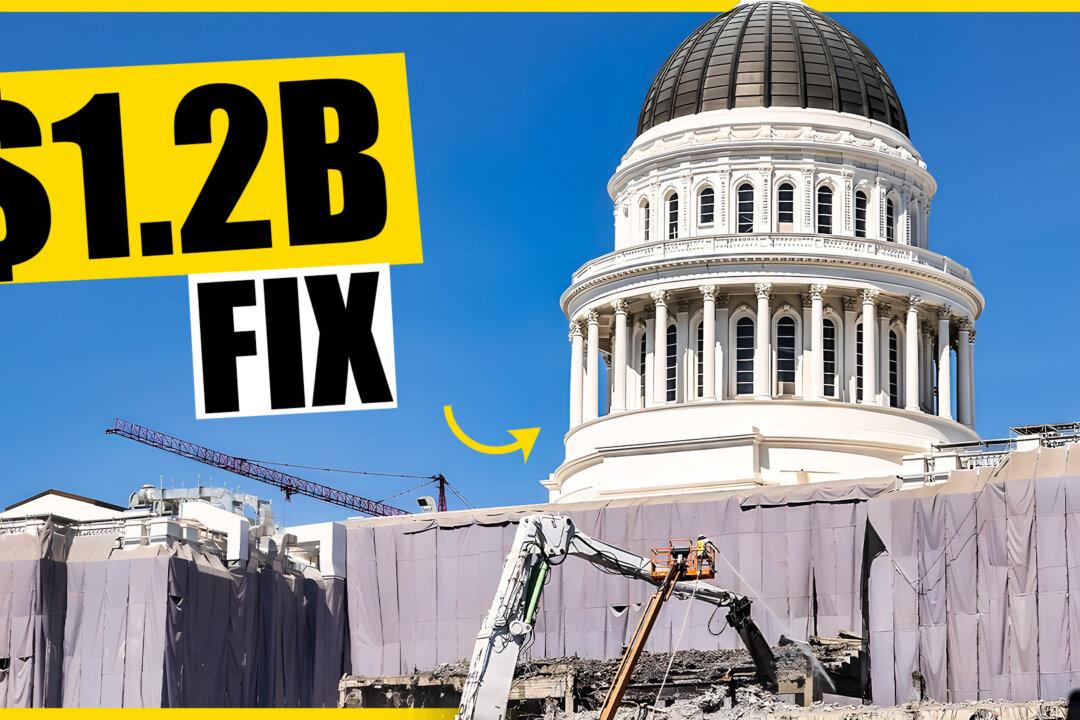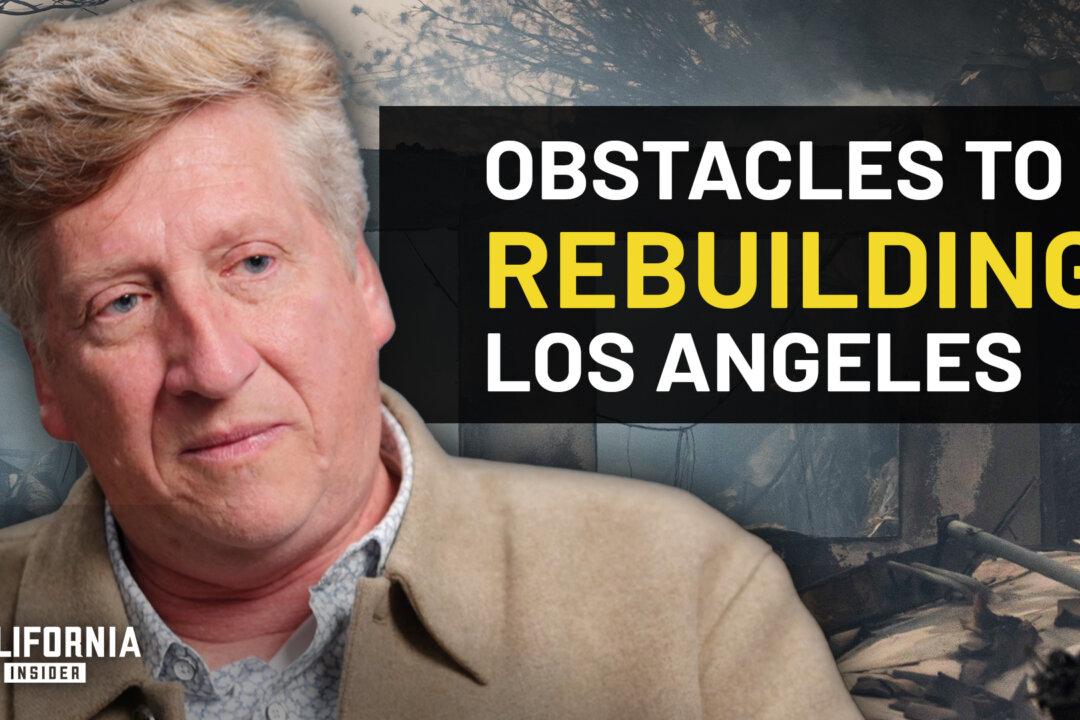There has been no shortage of debate in recent years around how California’s history should be portrayed and remembered. As historian Bill George notes, a number of changes have been made to remove historical statues and rename schools that have long borne the names of pioneering figures. However, George argues we must take a more nuanced look at history before making such sweeping alterations.
Opinion: The Untold Story Behind California’s State Capitol $1.2 Billion Renovation | Bill George

|Updated:




